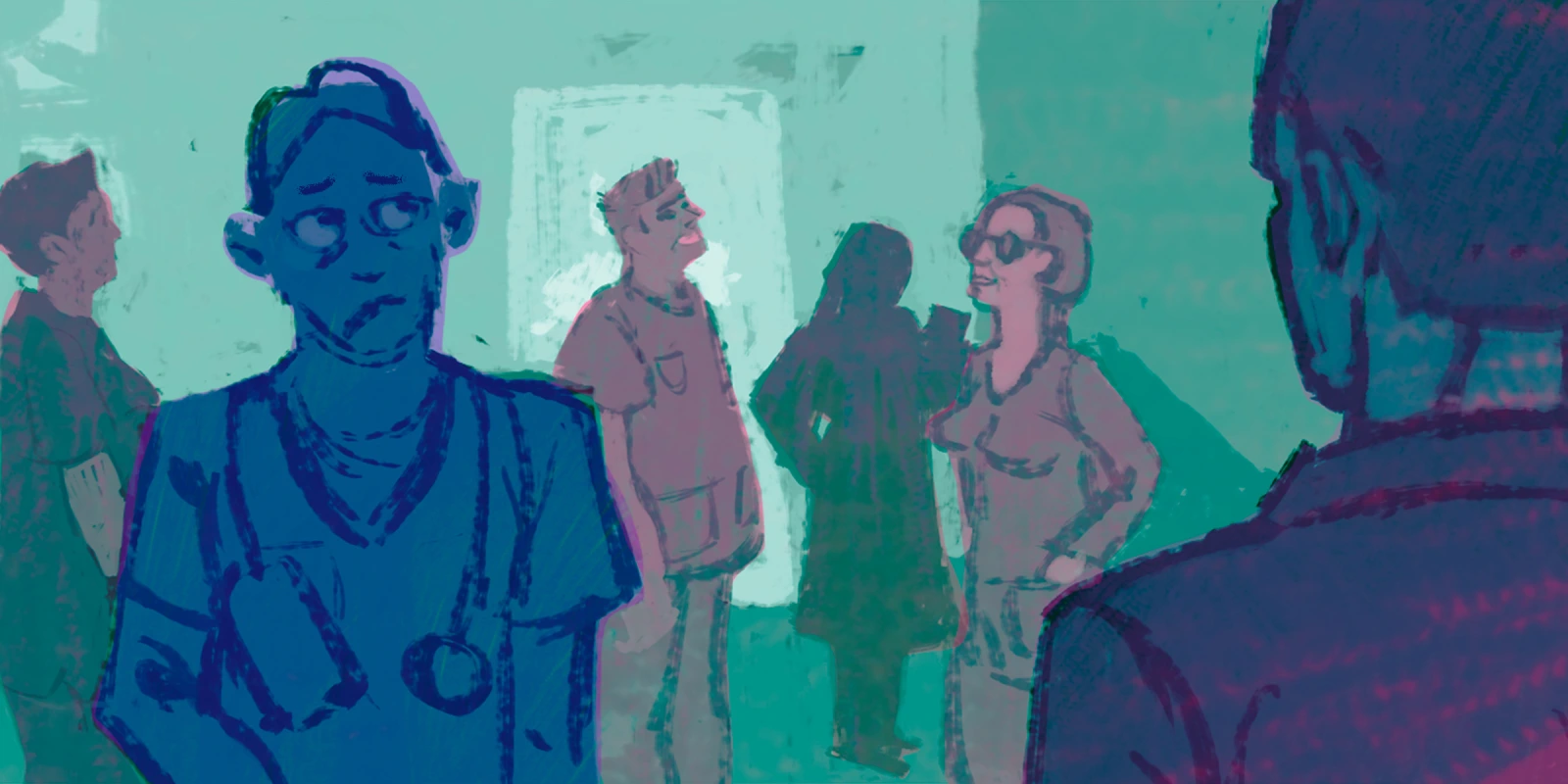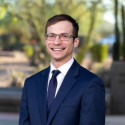During my time in residency, I became more passionate about wellness and the power of collaboration and teaming. But there was just one problem. I was lonely, and on top of it, I felt ashamed about it. In May 2023, the Surgeon General released an advisory regarding the devastating impact of loneliness. The loneliness often felt more profound when surrounded by people. Loneliness is not just defined by isolation, but perception of isolation and inadequate meaningful connections, where inadequate refers to the discrepancy or unmet needs between an individual’s preferred and actual experience. Medicine is cited as one of the loneliest professions. Years of time are sacrificed to learn a craft that continually demands our focus and attention. Additionally, there is the emotional and physical toll that we carry to meet the needs of the people who require our care. During my journey, I discovered the paradox of our profession — a career dedicated to healing often neglects the well-being of its healers.
For a greater part of my life, I had been focused on my health. My paternal grandfather became bedridden for 10 years prior to passing due to a hemorrhagic stroke. My father was diagnosed with colon cancer when he was 45 and passed away at 49. This part of my history was why I was inspired to become a physician. It’s also what caused me to become vegan and passionate about exercise.
Despite my focus on my health in my vocation and daily life, I was not surprised to read that loneliness leads to premature deaths similar to smoking 15 cigarettes per day. Additionally, it leads to a roughly 30% increase in heart disease and stroke, as well as depression, anxiety, and dementia. I could feel the impact of isolation and loneliness on my health and well-being. Although I know I could continuously provide compassion and empathy even in my darkest moments, its edge was the loneliness that lingered peripherally. The weight of the true struggles of my patients compounded the silent battle within me.
Early on during my training, impostor syndrome was present when it came to building clinical knowledge, decision-making, and patient care. As I became more confident in my abilities, that feeling dissipated. However, because I felt alone, I felt fraudulent. It was a paradoxical conundrum. For a long time, I felt that I had to be the master of wellness to champion it. I’ve realized that doesn’t have to be the case. It was something that I needed to continuously focus on because loneliness comes with a great price. I was persistent about advocating for medical trainee well-being. I collaborated with graduate medical education at my institution to increase vacation and stipends. I insisted that my program leadership consider check-ins with its residents and a wellness retreat.
A component of our annual residency retreat was going through a mirror maze and laser maze. Growing up in a culture focused on battles, duels, challenges, and missions, I was excited. Upon entering through a curtain, a tiny dark room resembled a black void. This quickly warped into a bridge. To the left, there was a mural of vines and trees in a vast jungle. When I turned the other way, mirrors on the floors and walls created a vortex of reflection. The thousands of reflections of myself surrounding me brought a paralyzing sensation over me. Like a never-ending kaleidoscope, the echoes of myself on this journey were reflected all around me. Every pathway led to somewhere and nowhere, creating an intricate reality and illusion that mirrored the complexity of our lives. The mirror maze was an unexpected metaphor for the pervasive feelings of loneliness and isolation that can plague the medical profession. In the maze, it became clear that the sense of being alone was more about how I perceived my reality than an actual physical separation.
We entered through a dark, hazy rectangular room through a futuristic door. Neon green beams shot across in various angles, width, and brightness at different heights horizontally through the room. Tasked with hitting checkpoint buttons across the room, I maneuvered my body below and above the beams. As I contorted my back forward to avoid a shoulder-height laser and stretched my legs over knee-high beams, I felt the intense strain on my muscles. A daunting feeling overcame me that I might not navigate the perilous maze successfully. Mid-flight, I realized that the intricate dance of avoiding lasers, in a high-stakes game of precision, mirrored the challenges of forging meaningful connections and building bridges between colleagues, mentors, and even family members.
As clinicians, we need to enhance our awareness of how the weight of compassion and strain on empathy can drive us into a realm of loneliness. Simple acts of checking in on a colleague, sharing experiences, and acknowledging the emotional challenges of the profession can create a support network that extends beyond the workplace. By normalizing conversations about the challenges of our work, we can build meaningful connections between each other and other members of the health care field.
Recognizing and addressing loneliness is not just a personal journey; it is a collective responsibility. As clinicians, we must prioritize the well-being of our colleagues, acknowledging that by fostering connection, we not only enhance our individual resilience but also contribute to the overall strength of our medical community. Only by facing loneliness head-on and embracing the power of collaboration can we truly transform the landscape of our well-being.
How have you dealt with loneliness in your career? Share in the comments.
Brady Laughlin is the chief resident in radiation oncology at Mayo Clinic in Phoenix, Arizona. Following residency, he will specialize in the use of radiation for pediatric and genitourinary cancers.
Illustration by Jennifer Bogartz







